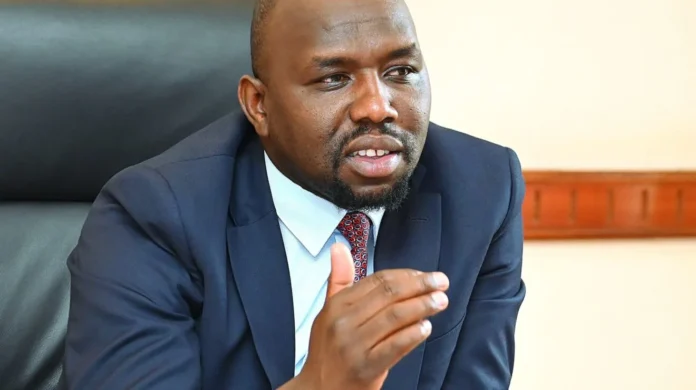Civil society groups in Kenya have strongly opposed Interior CS Kipchumba Murkomen’s plan to deploy National Intelligence Service (NIS) officers in universities to fight drug and alcohol abuse.
This comes after Murkomen during the February 13, 2025, NACADA report launch announced the government’s plan to place undercover intelligence officers in all public universities to address the growing cases of drug and substance abuse among students.
Murkomen’s Reason for NIS Deployment
Murkomen’s proposal follows NACADA findings which showed that:
- Over 50% of university students in Kenya abuse alcohol and drugs.
- Alcohol (87.3%) is the most abused substance followed by cigarettes (64.4%) and shisha (41.2%).
The CS argued that drug cartels have infiltrated universities and a more robust security approach is needed which includes intelligence gathering and close monitoring of drug peddlers.
Civil Societies Condemn the Move
But civil society groups led by Suba Churchill of Kenya National Civil Society Centre (KNCSC) have rejected Murkomen’s plan saying it will infringe on academic freedom and students’ rights.
“Establishing police stations and undercover NIS officers in state universities is a direct attack on academic freedom and will undermine the enabling environment that students and lecturers need to research, publish and create,” read part of the statement.
Churchill and other civil society leaders added:
- Government’s motive is questionable especially with recent cases of abductions, enforced disappearances and extrajudicial killings of young people in Kenya.
- NIS officers in universities will erode students’ rights and stifle freedom of expression within academic institutions.
- Intelligence officers may overstep their mandate and unwarranted surveillance of students and lecturers may suppress dissent.
Surveillance and Rights Violations
Critics argue that universities should be spaces for free thought and academic discourse not intelligence surveillance.KNCSC has demanded the proposal be withdrawn saying alternative solutions such as strengthening guidance and counseling, mental health programs and university-led anti-drug campaigns would be more effective.
National Dialogue on Substance Abuse in Universities
Murkomen has called for an immediate national conversation to address the problem of drug abuse in universities.
But the civil society groups say any intervention must respect fundamental freedoms and the Constitution. They have vowed to resist any attempt to militarize academic institutions in the name of fighting drug abuse.
As the debate rages on the government is under pressure to rethink its strategy to ensure its approach to substance abuse does not compromise the constitutional rights of students and lecturers.
